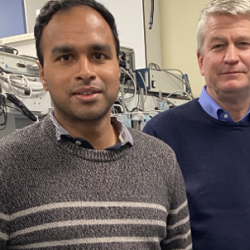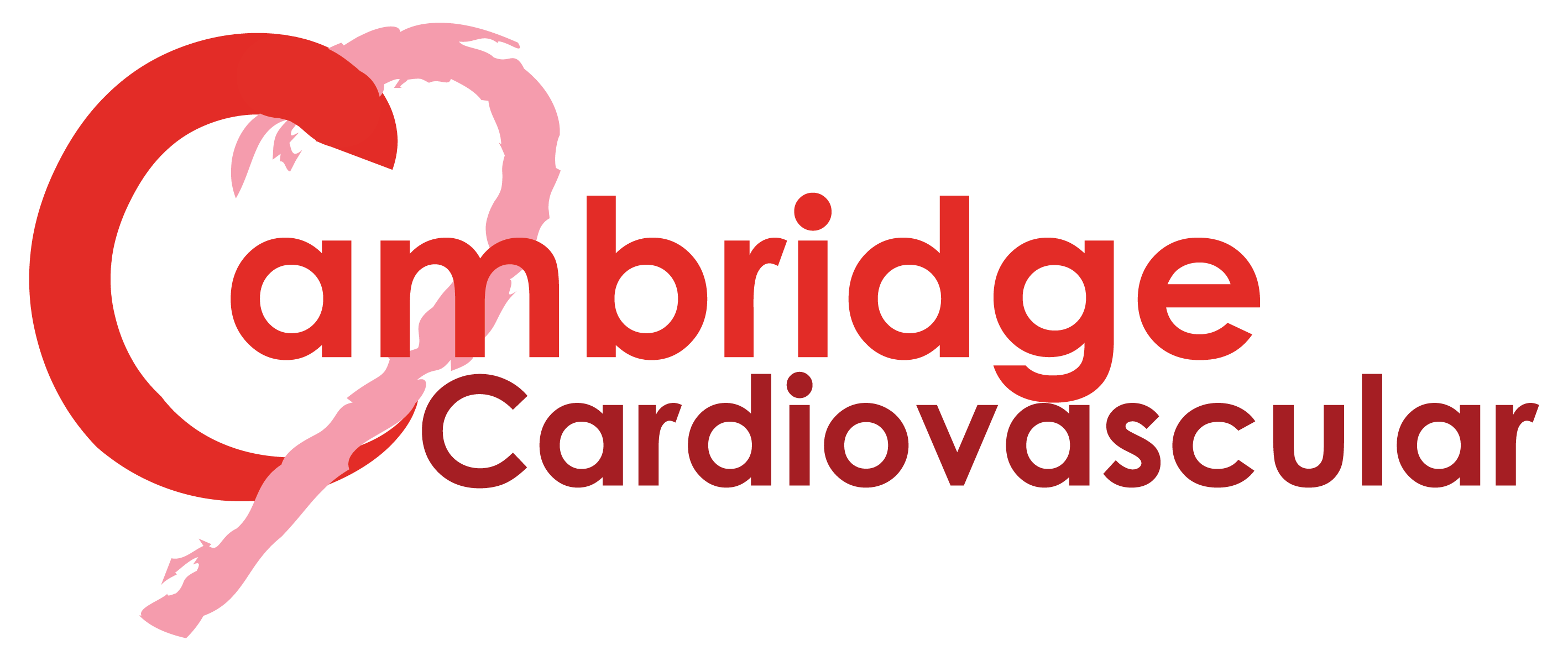Submitted by Vicky Yee K Reid on Thu, 07/04/2022 - 16:37
St Catharine’s researchers are part of a team from the University of Cambridge, Addenbrooke’s and Royal Papworth hospitals, and AstraZeneca who have discovered a new pathway for treating COVID-19 infections after studying the blood plasma of patients hospitalised during the first wave of the pandemic.
The virus causing COVID-19 gains entry into the body mainly via the lungs. After entering the blood, the virus rapidly multiplies to infect nearby cells. Endothelial cells line every blood vessel in the body and have a surface area similar to a tennis court. Endothelial cells are especially vulnerable to virus infection as they are decorated with the virus entry receptor, ACE2.
Endothelial cells are also a source of a messenger molecule, Endothelin-1 (ET-1), which is released in response to viral infection. This causes a long lasting and powerful narrowing of blood vessels, reducing oxygen supply to vital organs. In the lungs, ET-1 can trigger difficulty breathing, which in severe cases requires patients to be given oxygen and put on a ventilator.
The research team compared ET-1 in the plasma of 194 patients infected with COVID-19 who were hospitalised during the first wave of the pandemic, including those placed on ventilators. They discovered significantly higher levels of ET-1 in these patients, compared with infected individuals with mild or no symptoms. The release of multiple copies of the virus following infection is known to damage endothelial cells and the results suggest stored ET-1 is also released into the bloodstream to cause unwanted narrowing of blood vessels.
Dr George Abraham is completing his MD at St Catharine’s and is first author of the new paper published in the Journal of Molecular and Cellular Cardiology. He commented:
“Medicines that block the harmful actions of ET-1 are used to treat rare forms of lung disease that share some of the clinical features of COVID-19 infection. These exciting results provide evidence to support testing these medicines and a clinical trial is already underway to assess if the most severely affected patients benefit from this type of treatment.”
Professor Anthony Davenport (1995), Fellow of St Catharine’s and Professor of Cardiovascular Pharmacology, led the study and added:
“As the COVID-19 virus continues to evolve, it is important to develop new ways to block the harmful actions of the virus in addition to our existing arsenal of vaccines and antiviral medicines. We are fortunate to have a rapid and accurate point-of-care diagnostic tool, the PCR test, to identify patients in the early stage of infection who might benefit most from medicines blocking the effects of ET-1. Medicines that target the damaging actions of the virus on human cells could be particularly valuable because they are likely to remain effective despite ongoing mutations in the virus.”
The study was supported by funding from The Jon Moulton Charity Trust; the National Institute of Health Research; the Cambridge Biomedical Research Centre, Biomedical Resources Grant; the Wellcome Trust; the Medical Research Council; and the British Heart Foundation.
Dr Abraham and Professor Davenport
Reference
George R. Abraham, Rhoda E. Kuc, Magnus Althage, Peter J. Greasley, Philip Ambery, Janet J. Maguire, Ian B. Wilkinson, Stephen P. Hoole, Joseph Cheriyan, Anthony P. Davenport. Endothelin-1 is increased in the plasma of patients hospitalised with Covid-19. Journal of Molecular and Cellular Cardiology 2022; 167: 92–96. https://doi.org/10.1016/j.yjmcc.2022.03.007





